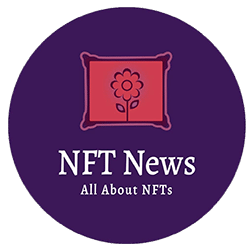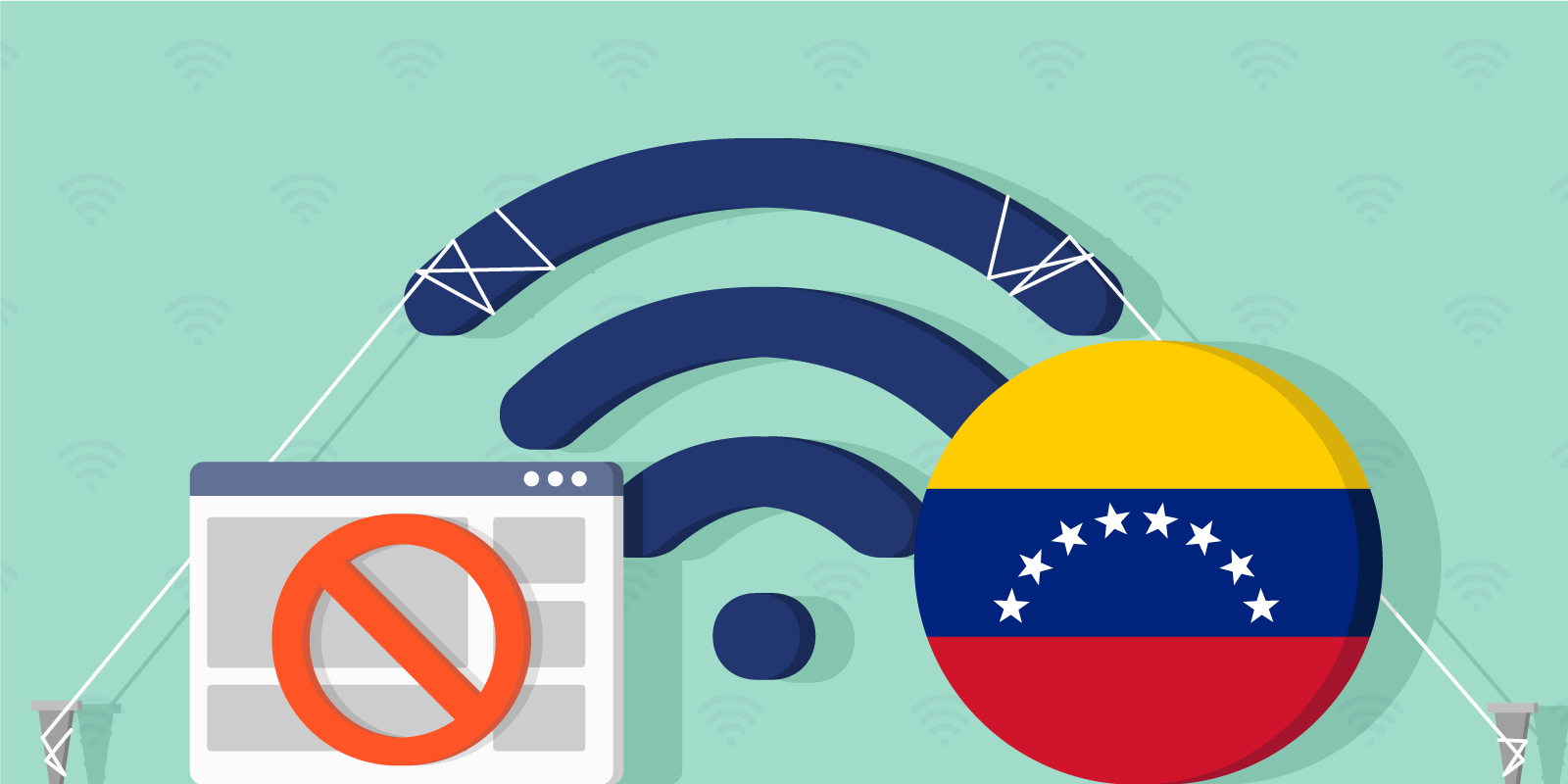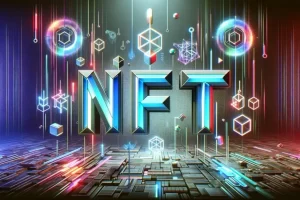June 9, 2023 — A Venezuelan news site is using non-fungible tokens (NFTs) to share news and information with its readers despite government censorship. The site, called El Pitazo, has been blocked by the Venezuelan government since 2017.
To get around the censorship, El Pitazo is selling NFTs that contain links to its articles. The NFTs are stored on the blockchain, which is a decentralized database that is not controlled by any one entity. This means that the government cannot block access to the NFTs, and readers can still access the news articles even if the website is blocked.
El Pitazo is not the first news site to use NFTs to circumvent censorship. In 2021, a Myanmar news site called DVB started selling NFTs to raise money and fund its operations. The site was also blocked by the government, and the NFTs were a way for the site to continue to operate and share news with its readers.
The use of NFTs by news sites is a new development, but it is a promising one. NFTs offer a way for news sites to share news and information with their readers even if they are blocked by governments. This is a valuable tool for journalists and a way to ensure that people have access to independent news.
“Internet blockages are implemented by providers on the order of the telecommunications regulator, in a process usually without judicial order, without a clear legal basis, without transparency, and in violation of international human rights standards,” – Efecto Cocuyo
Read more: The Future of NFTs: A Look at How Gary Vee Sees the Technology EvolvingHere are some of the benefits of using NFTs to share news:
- NFTs are stored on the blockchain, which is a decentralized database that is not controlled by any one entity. This means that NFTs cannot be blocked by governments or other censors.
- NFTs can be used to raise money for journalism. By selling NFTs, news sites can generate revenue that can be used to fund their operations and pay their journalists.
- NFTs can be used to create a community around journalism. By selling NFTs, news sites can create a group of supporters who are invested in the success of the news site.
Here are some of the challenges of using NFTs to share news:
- NFTs are a new technology, and there is still a lot of uncertainty about how they will be used in the future. It is possible that NFTs could be used for malicious purposes, such as spreading misinformation or propaganda.
- NFTs can be expensive to create and sell. This could make it difficult for small news sites to use NFTs.
- NFTs are not yet widely adopted by the public. This could make it difficult for news sites to sell NFTs and generate revenue.
Co-founder Luz Mely Reyes has commented regarding the funds raised through the NFT collection: “It is more of a donation and the return is being able to support a medium like EC in continuing its mission.”
Overall, the use of NFTs to share news is a promising development. NFTs offer a way for news sites to share news and information with their readers even if they are blocked by governments. This is a valuable tool for journalists and a way to ensure that people have access to independent news. However, there are also some challenges associated with using NFTs, such as the fact that they are a new technology and that they are not yet widely adopted by the public.
Read more: The Future of NFTs: A Look at How Gary Vee Sees the Technology Evolving
This information is published by the NFT News media team.











